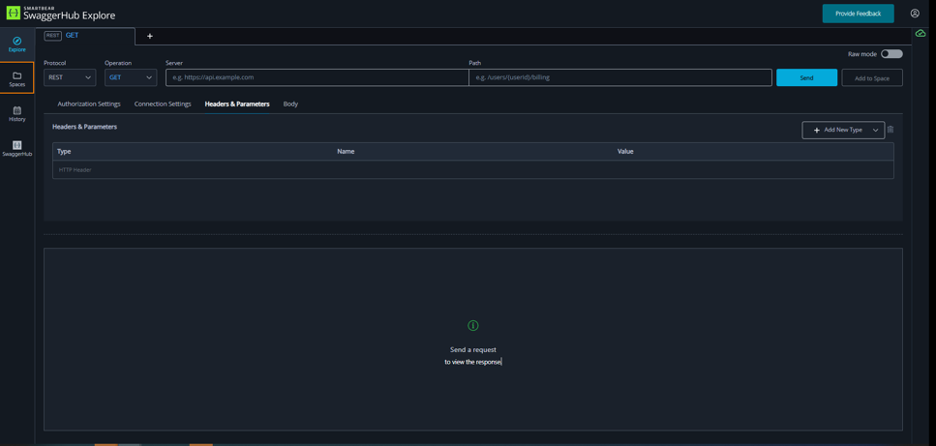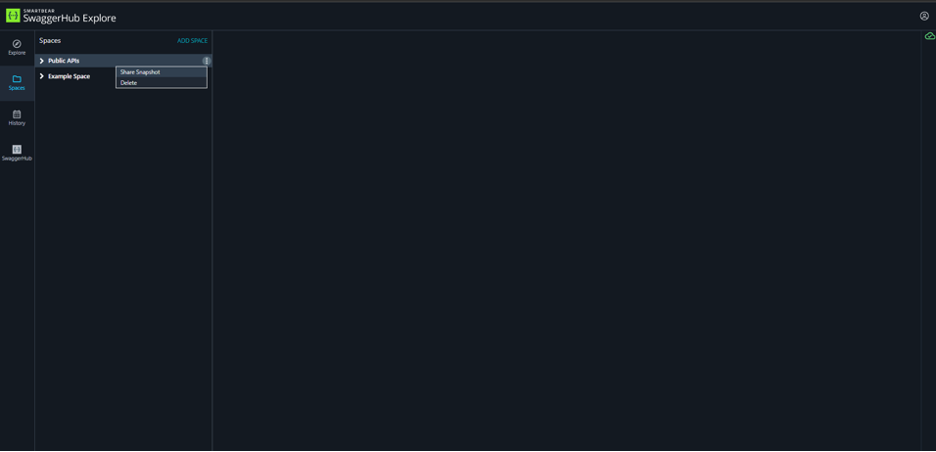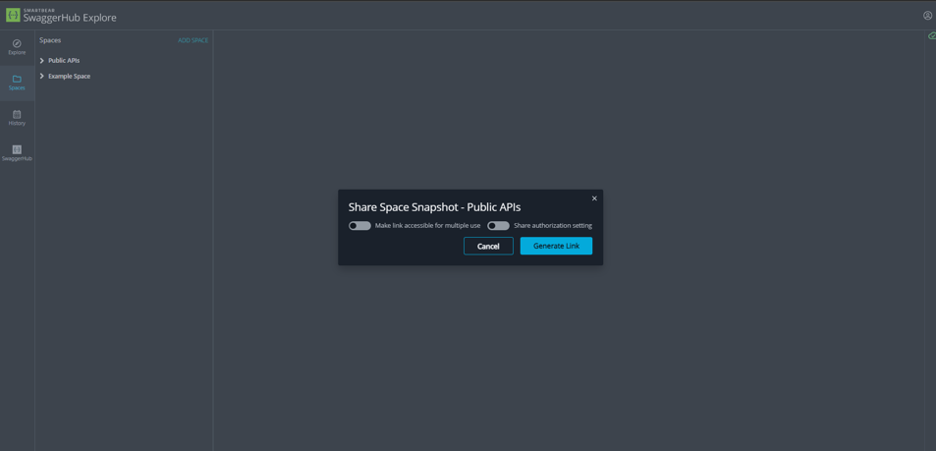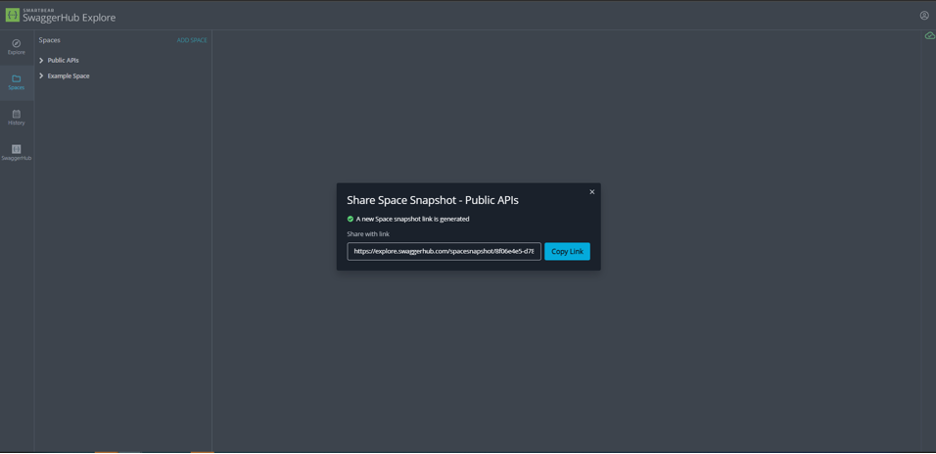The concept of time-to-market has emerged as a pivotal factor in determining success.
Bringing new products, services, or features to market can make the crucial difference between seizing opportunities and falling behind. But faster tech advancements, changing consumer preferences, and global market dynamics meant that businesses need a paradigm shift in their approach to strategy.
The adoption of APIs has surged, fundamental to rapid development and innovation. However, this increased reliance on APIs has inadvertently led to a challenge in their discoverability. In the urgency to deliver products and services, sometimes the swift development of APIs is prioritized over comprehensive documentation and standardized practices.
As a result, the sheer volume and diversity of APIs within a given ecosystem can make it challenging for developers to easily discover APIs and understand what they do. This lack of discoverability may stem from incomplete documentation, inconsistent naming conventions, or a lack of standardized practices across different API providers.
The issue with starting from scratch.
Embarking on API development from scratch poses inherent challenges, particularly in the context of API discoverability. The process of building APIs ground-up often leads to a lack of standardized documentation, consistent naming conventions, and adherence to widely accepted practices.
This isolationist approach can result in APIs that are less discoverable, making it difficult for developers to find them, never mind seamlessly integrate them into their projects. The absence of standardized practices may lead to inconsistent API designs, hindering collaboration between development teams.
Moreover, the time and resources invested in custom API development could be substantial, potentially slowing down time-to-market, which is critical in the fast-paced business landscape. As businesses prioritize speed and agility in deploying solutions, relying solely on custom API development may inadvertently compromise the broader goal of enhancing API discoverability, hindering the effective use and integration of these interfaces within a wider ecosystem.
SwaggerHub Explore's Sharing Spaces to the Rescue
Here at SmartBear, we like to be at the front of cutting-edge API technology because we know the world of API development. This is why we created SwaggerHub Explore – a lightweight API exploration tool that helps development teams accelerate their time-to-market by allowing them to quickly explore endpoints.
We are thrilled to introduce the latest enhancement in SwaggerHub Explore: "Sharing Spaces." Now, team members who have curated meaningful spaces or collections can seamlessly share their existing data. This means, if you have a new member joining the team, you can share with them previously existing work to give them an easy starting point.
Key benefits of Sharing Spaces:
- Time efficiency: Since building APIs from scratch can be time consuming, Sharing Spaces allows teams to leverage previously created data, reducing the development timeline.
- Resource optimization: By sharing existing work, teams can use resources better, which avoids the need for extensive allocations of time, skilled developers, and budget.
- Avoiding redundancy: It prevents the duplication of common functionalities available through existing APIs, saving resources without compromising value.
- Enhanced security: Leveraging established frameworks reduces security risks, ensuring that APIs benefit from built-in security features that allow you to opt out of sharing sensitive data.
- Scalability: You can leverage established API platforms with built-in features, making it easier to handle increased loads and user demands.
- Simpler maintenance: Avoiding custom-built API spaces in Swaggerhub Explore makes it easier to maintain, as Sharing Spaces ensures compatibility with new systems or protocols and facilitates updates.
To access this new feature within Explore, follow these simple steps:
- Go to the Spaces section in the left-hand navigation.

- Hover over a “Space” and click on the ellipsis that appears.

- Configure your preferences before generating the shareable link for your Space.
- Choose whether the link can be used more than once or limit it to one-time use with the default selection.
- Decide whether to include Authorization information configured in the Space, or share the Space without that information using the default selection.

- Copy the link and share it!

There’s a lot more where that came from. See what you can do, and get done, by sharing spaces in SwaggerHub Explore today and kick your development process up a notch.
Try it for free, today.